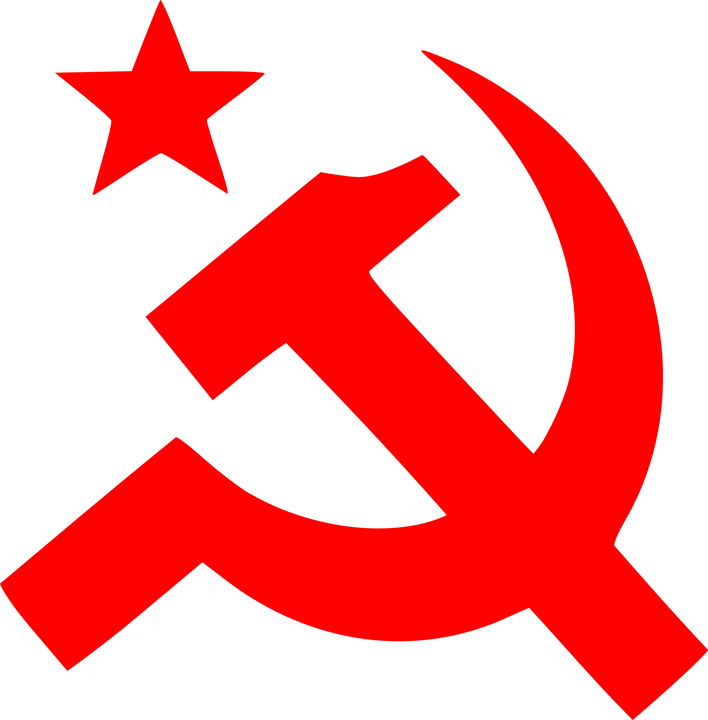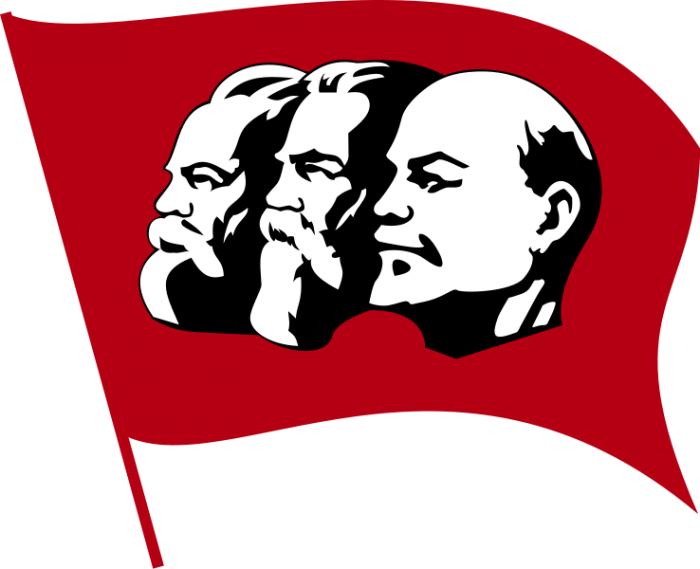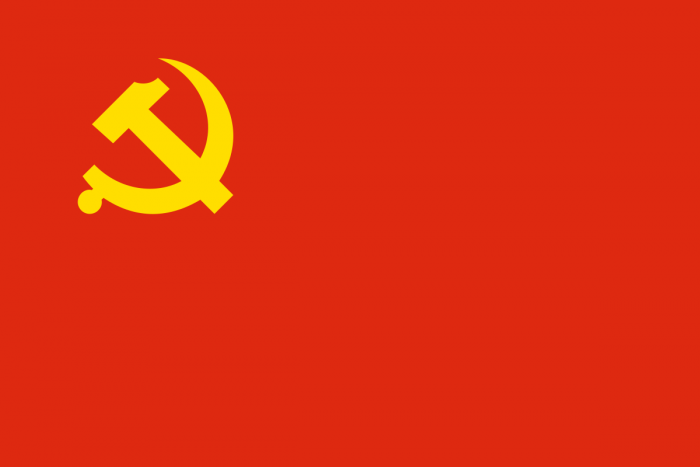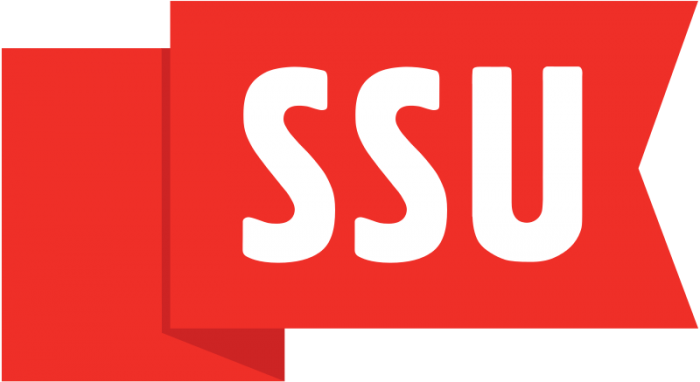
If there is one word that has been on peoples’ minds lately, it is the word “socialism.” The merits and flaws of socialist policies and economic organization have become a hot topic in recent years with defenders and detractors falling on both sides of the debate. Despite the current spotlight socialism is getting many people may find themselves still confuse: What is socialism? Which countries in the world are socialist countries?
As with many political terms like “conservative”, “liberal”, and “democracy”, the meaning of the term socialism is flexible and can be used to mean different things. This difficulty of defining socialism is compounded by the fact that self-identification of sovereign nations is normally the only criterion by which countries are classified as socialist. As such, although many countries may claim to be socialist, their claims may be disputed and the actual structure of their economy may not reflect socialist ideals. So, answers to the question “which countries are socialist?” can range from “none” to “quite a few” depending on how socialism is understood.
General features of socialism as an ideology can best be understood in contrast to capitalism. Capitalism denotes a political and economic organization where the following are generally true:
- The means of production are mostly privately owned
- People are legally free to buy labor and sell their labor on markets
- Economic production is oriented towards profit rather than need
- Markets play a significant role in determining the distribution of resources and the direction of investments
A political and economic system is normally classified as socialist to the extent that it rejects 1, private ownership of the means of production. Thus, the defining feature of socialism is social or public ownership of the means of production, often via a state apparatus. For example, China is considered socialist because its government owns several key industries and directs the flow of the economy. Socialists disagree on whether rejecting the other 3 features is necessary for an economic system to count as socialist. Market socialists, for instance, think that free enterprise in markets is possible within the context of social ownership of the means of production.
In the context of classifying the political and economic structures of the different nations, the term socialism is often used to refer to two distinct modes of political organization: Marxist-Leninism and Democratic Socialism.
Marxist-Leninist Countries

Credit: Jgaray via WikiCommons CC-BY SA 3.0
Most self-declared socialist countries through history have been Marxist-Leninist states. The defining feature of Marxists Leninist ideology is the commitment to a two-phase transition from capitalism and socialism. In the first stage, a group of professional revolutionaries drawn from the working class takes control of key governmental industries and operates under a “dictatorship of the proletariat” that establishes policy democratically. The second stage sees the transition from a capitalist economy into a stateless and classless society. i.e. communism. For this reason, states the self declare a Marxist-Leninist ideology are often referred to as communist states. Marxism-Leninism was the official political stance of the USSR and many current communists states trace political influences back to the Soviet Union.
In the modern world, there are currently 5 self-declared communist countries:
- China
- Cuba
- Laos
- Vietnam
- North Korea
Current Marxist-Leninist countries are characterized by a strong central state authority that directs the economy, single party-governance, and private ownership is limited in many if not all aspects. In some communists countries like China and Vietnam, restrictions on private property have been greatly relaxed in recent years and the countries have opened up to the world for trade in global markets.
China

The flag of the Chinese Communist Party. Credit: Public Domain
China has been a self-declared communist state since 1949 when Mao Zedong took control and renamed the country the People’s Republic of China. On paper, China has political parties other than the Communist Party of China, but the power of the ruling communist party makes political opposition virtually non-existent. The official ideology of the Chinese Communist Party is called Maoism, a variant of Marxism-Leninism.
China’s economy is characterized by a strong central government that has control over most of the economy. Since 1949, the majority of Chinese economic enterprises have been state-owned, though economic reformations in the early 21st century have seen the rise of a new burgeoning private industry in the Chinese economy. Specifically, in 2004, the Chinese constitution was modified to recognize private property. In addition to being the world’s most populous country, the Chinese economy is currently the second largest in the world and the fastest growing.
Cuba
Cuba has been a communist country since 1961 when a revolution led by Fidel Castro overthrew the authoritarian Batista government. During the 1960s, Cuba was a close ally of the USSR, which led to the US and allies placing heavy sanctions on their trade.
The majority of economic enterprises in Cuba are state-owned and the almost 76% of the population is employed by the government. Since the fall of the Soviet Union in the 1990s, Cuba has reformed its economy to allow for worker cooperative and self-employment.
Like most Marxist-Leninist states, Cuba is a one-party state and is ruled by the Cuban Communist Party. Its current president is Raul Castro, who became party leader after Fidel Castro stepped down in 2008.
Laos
Laos (Lao People’s Democratic Republic) became a socialist state in 1975. The only legal political party is the Lao People’s Revolutionary Party which hold great political and economic power. Since the 90s, the Laotian government has rolled back many previous restrictions on private property and opening up certain avenues of private industry. Despite being one of the poorest nations in Southeast Asia, as of 2018, Laos has one of the fastest growing economies in the world.
Vietnam
Vietnam was first declared a communist state in 1954 after a partition from the First Indochina War annexed the northern part of the country. At the time, northern Vietnam was communist and supported by the Soviet Union while southern Vietnam was supported by the U.S. After nearly 2 decades of war, North and South Vietnam united and became the modern Socialist Republic of Vietnam.
The Vietnamese economy is directed by the government which owns several key industries. Since the late 20th and early 21st century, economic reforms in Vietnam have relaxed restriction on private markets and it currently has one of the fastest growing economies in the world.
North Korea
North Korea first became communist following the division of the country into North and South after the end of WWII. In 1948, the Soviet-backed leader Kim-Il-Sung was installed as the head of North Korea.
Interestingly, while most of the world considers it communist, the North Korean government does not consider itself communist, instead being based around Kim Il-Sung’s unique ideology called Juche (self-reliance). Juche as an ideology promotes Korean nationalism, economic independence, and a (possibly cultlike) devotion to the Kim family who has maintained leadership ever since.
In 2009, the country changed its constitution to remove all mentions of Marxism-Leninism and communism, though the ideology of Juche still shares many similarities to Marxist-Leninist ideology.
Democratic Socialism

The flag for the Swedish Social Democratic Youth League, a democratic socialist party from Sweden. Credit: SSDYL via WikiCommons CC-BY SA 3.0
Democratic socialism is a political ideology and mode of organization that is focused on political democracy along with social ownership of the means of production. Democratic socialism is so named by its adherents as a means to distance the ideology from other socialist ideologies, notably Marxism-Leninism, which are perceived as being non-democratic and authoritarian in nature. Democratic socialist reject the Soviet political model and the highly centralized authoritarian government that characterized several post-USSR communist states. Democratic socialists seek to eventually transition the economy from a capitalist one to a socialist one via governmental action. They seek to extend democracy to the economic sphere.
In practice, classifying countries as democratic socialist is much more ambiguous than Marxist-Leninist countries. This is partly because democratic socialism is a much more pluralistic ideology than classical Marxism-Leninism and its offshoots such as China’s Maoism or North Korea’s Juche ideology. As such, democratic socialists differ with regards to their views on the extent that property is publically or socially owned. Most democratic socialist countries have a mixture of capitalist and socialist policies. The terms “democratic socialism” and “social democracy’ are often used interchangeably, though many argue that the two are distinct ideologies and should not be conflated.
Countries that are often considered democratic socialist or have active democratic socialist political parties include:
- Armenia
- Bolivia
- Brazil
- Croatia
- Denmark
- Ecuador
- Finland
- France
- Germany
- Greenland
- Iceland
- Ireland
- Italy
- Luxembourg
- Moldova
- Netherlands
- Nicaragua
- Northern Ireland
- Norway
- Peru
- Portugal
- Serbia
- Slovenia
- Sweden
- Tunisia
- Turkey
- UK
- Venezuela
Countries classified as democratic socialist tend to have a strong central government that has ownership in key industries in the economy. Unlike Marxism-Leninism, private ownership is generally not restricted in democratic socialist countries, though the state does play a key role in regulating and directing certain industries, such as energy, tech, healthcare, or education. Democratic socialist countries also tend to have expansive social welfare programs. In many of these countries, the expansive social welfare net is a point of political tension. Most countries considered democratic socialist are multi-party states who may or may not have a socialist party currently in control.
In each of these countries, the degree to which private industry is regulated varies greatly. In some European countries like Sweden, there are large privately owned markets but the government owns large stakes in certain industries and heavily regulates the operation of these markets. Other countries, such as Denmark, have free markets but have strong labor protections for the working class that are mean to make things more egalitarian.








